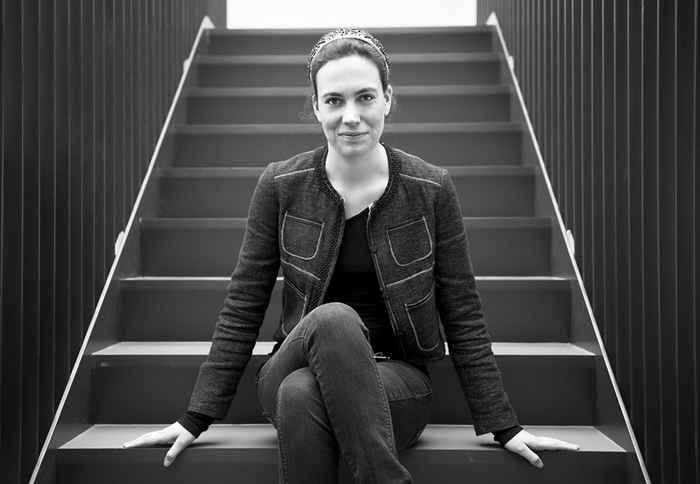Sarah de Lange appointed professor of Political Pluralism
14 July 2022

In her new chair, Sarah de Lange will lead education and research in the field of political pluralism within the Political Science department. What does this subject involve?
Political pluralism is the starting point of liberal democracy
‘Political pluralism is the starting point of liberal democracy', De Lange explains. ‘This means we recognise that citizens can have different interests, and that there can be competition and compromise between these interests.’
Political parties are the main democratic organisations that shape this political pluralism. They identify which groups in society have shared interests and present party manifestos during elections to represent these interests. Once elected, they work together with other parties to weigh up the interests of different groups in society and thus (re)form policy.
‘However', says De Lange, ‘political parties can also put pressure on pluralism. For example, this is the case when parties express anti-pluralist ideas. We see this in extremist, populist or radical parties, or when the polarisation in the party system increases.’
Three research programmes
De Lange will study the following themes in three research programmes:
- New social divisions and how they translate into party politics
- New political divisions and their impact on the functioning of liberal democracy
- Anti-pluralist parties (such as radical, populist and extremist parties) and their impact on liberal democracy
Translation to education
This chair will also focus on the way in which pluralism, as a value, can guide the curriculum of the degree programmes. Which possible threats to this value in education exist in the current social climate? In this area, De Lange wishes to facilitate dialogue between students and lecturers, and develop tools to enable successful teaching on socially sensitive topics in times of polarisation.